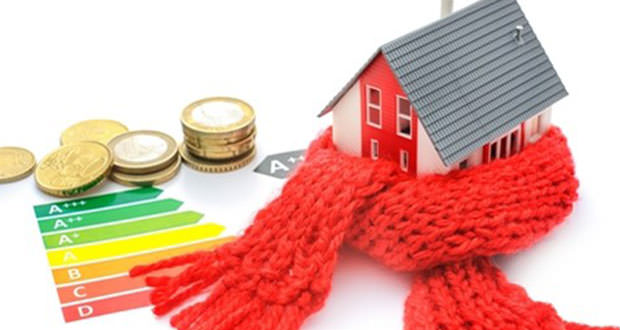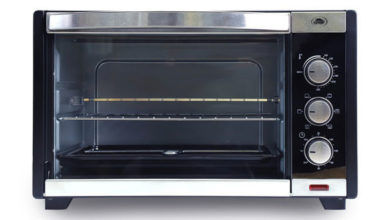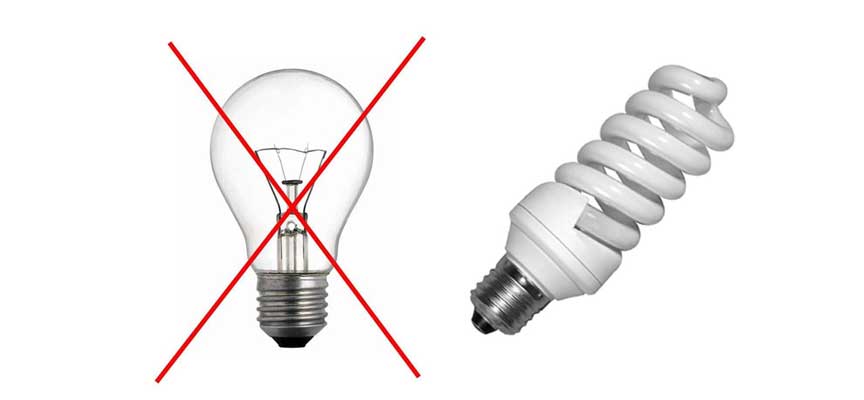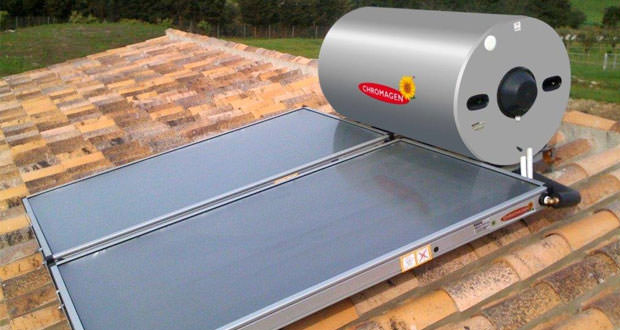Energy-Efficiency Directive
The Energy-Efficiency Directive has been approved. The Directive includes mandatory measures to save energy, renovations of public buildings, savings plans for public companies and audits for all large companies.
Thanks to the Energy-Efficiency Directive, it is estimated to cut 20% of the energy consumption of the entire European Union, in economic terms a saving of 50 billion euros a year has been estimated.
Member States will be required to adapt at least 3% of the buildings used by the national government every year. The standard will apply only to buildings that have a floor area of more than 500 square meters will also extend to smaller public buildings with an area of 250 square meters.
Large companies will be obliged to undergo energy checks, these energy audits will be conducted every four years, and companies will have a maximum period of three years to adapt after the entry into force of the legislation. The SMEs are exempted from the obligation.
There is no lack of doubt about the applicability, if the Energy-Efficiency Directive were to be married, Europe would be in a position to achieve greater energy security, better able to guarantee the objectives set to combat climate change and generate great economic benefits. Create new jobs but reduce the cost of our dependence on energy imports.
Initially, more hopes were placed in the Energy-Efficiency Directive. For many, the EU provision was too soft. According to Oreste Rossi, under these conditions, the achievement of the 20% energy efficiency target is questioned.






